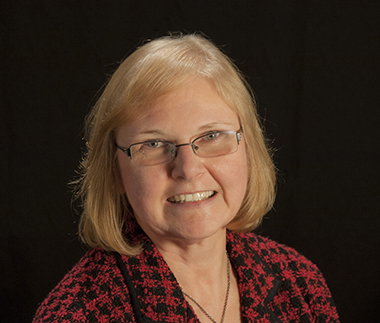Tax Cuts, Healthcare Access and the Labor Market
 |
|
Diane Dewar, associate professor in the School of Public Health. |
ALBANY, N.Y. (December 6, 2017) – According to an analysis by a UAlbany health policy researcher, the new tax bill could have ramification that go far beyond affecting a family’s finances.
In a piece published in The Conversation US, Diane Dewar, associate professor of Health Policy, Management and Behavior in the School of Public Health, asserts that the proposed tax bill would reduce the affordability of health care for many Americans, and the effects don’t stop there.
Dewar writes that the cycle that happens when Americans have less access to health care: they become less healthy, and the result is lost productivity, lost wages, and increased health care costs. Insurance companies could charge higher premiums to cover the expenses incurred for treating patients who forego preventative care and instead go to the doctor only when they are sick. A less healthy workforce will work less and be less valuable in the labor market.
According to Dewar, without access to care, the sickest and most vulnerable – especially the poor and elderly – will suffer an increasing chance of poorer health outcomes.
“As the most vulnerable Americans rack up increasing medical expenses and decline in productivity due to sickness, everyone in the U.S. will have to pay the price,” says Dewar.
The Conversation US is an independent source of news and views from the academic and research community. You can read Dewar’s full piece, “The new tax bill will make Americans less health – and that’s bad for the economy,” here.
![]() For more news, subscribe to UAlbany's RSS headline feeds
For more news, subscribe to UAlbany's RSS headline feeds
A comprehensive public research university, the University at Albany-SUNY offers more than 120 undergraduate majors and minors and 125 master's, doctoral and graduate certificate programs. UAlbany is a leader among all New York State colleges and universities in such diverse fields as atmospheric and environmental sciences, business, education, public health,health sciences, criminal justice, emergency preparedness, engineering and applied sciences, informatics, public administration, social welfare and sociology, taught by an extensive roster of faculty experts. It also offers expanded academic and research opportunities for students through an affiliation with Albany Law School. With a curriculum enhanced by 600 study-abroad opportunities, UAlbany launches great careers.


